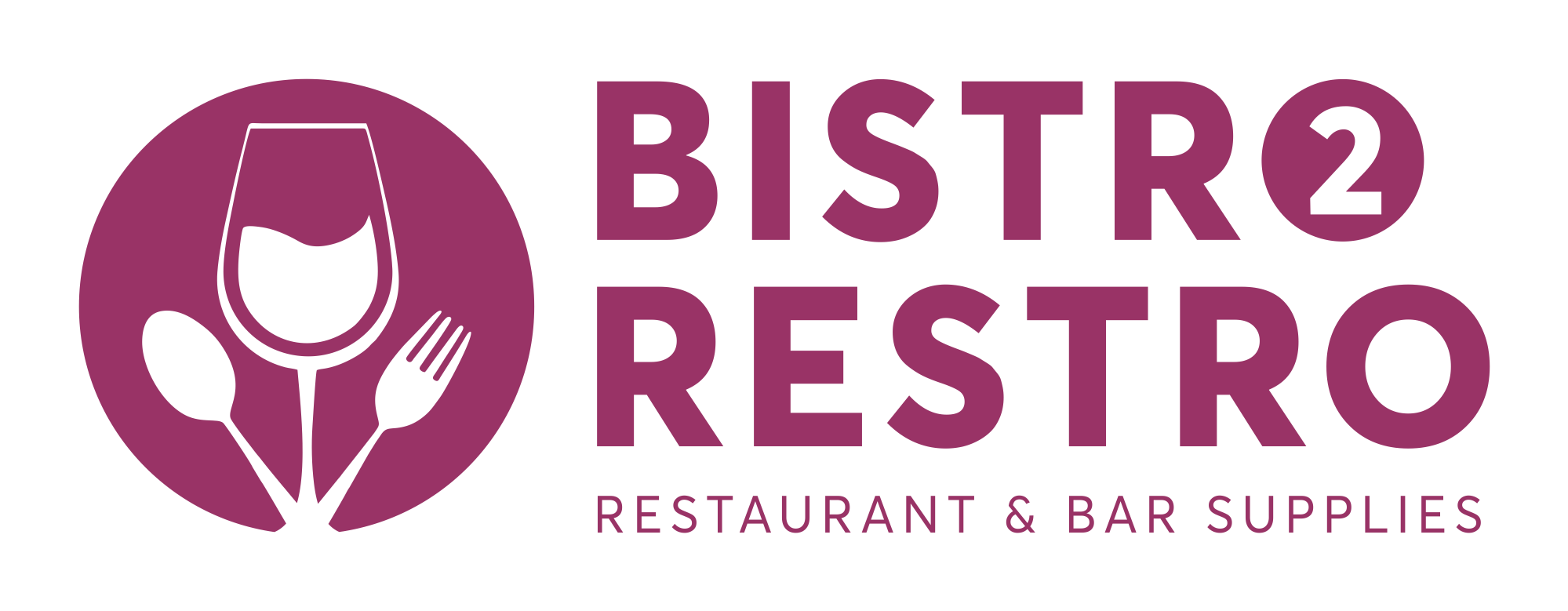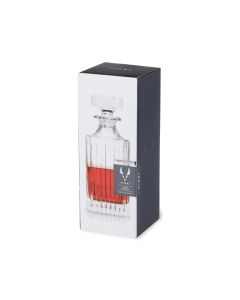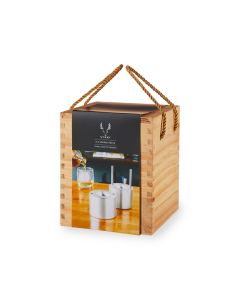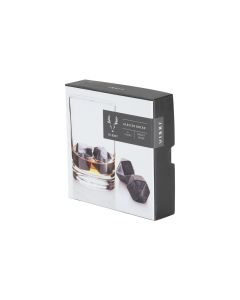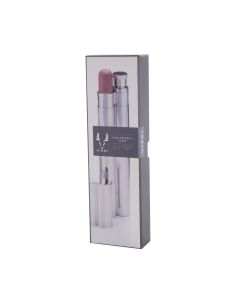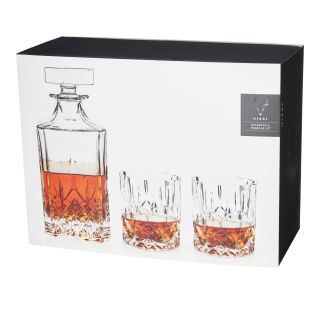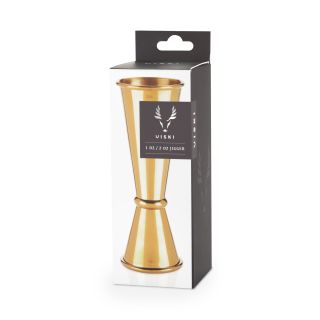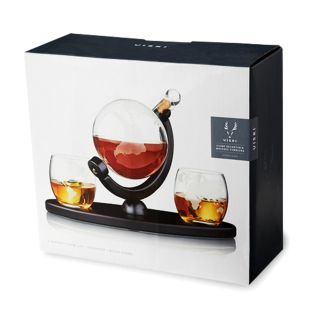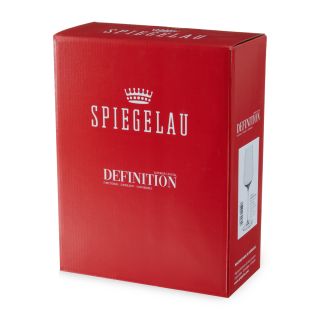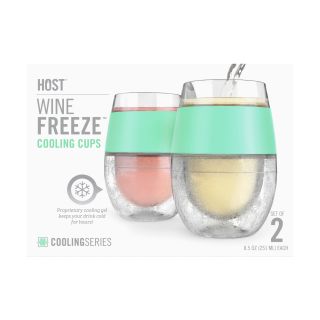The importance of having essential liquor accessories and barware sets lies in their ability to enhance every aspect of the drinking experience. From functionality to precision, these tools enable bartenders and enthusiasts to measure ingredients accurately, mix drinks with precision, and serve beverages with consistency. Moreover, the aesthetic appeal of quality barware sets elevates the presentation of cocktails and spirits, creating a visually appealing experience. Beyond aesthetics, specializedbarware sets can enhance the flavor and aroma of drinks, allowing individuals to fully savor the nuances of different beverages. Professionalism and expertise are also conveyed through the use of the right tools, showcasing a commitment to crafting exceptional drinks.
Essential liquor accessories for a well-equipped bar
Essential liquor accessories for a well-equipped bar include items such as cocktail shakers, strainers, jiggers, mixing spoons, muddlers, bottle openers, corkscrews, citrus zesters, and garnish tools. These bar accessories sets are essential because they facilitate the preparation, mixing, and serving of cocktails and other drinks. Bar tools serve a specific purpose, such as measuring ingredients, mixing drinks, straining out ice or fruit pulp, and adding garnishes.
Glassware: Glassware sets refer to the various types of glass vessels and containers used for serving, preparing, and consuming beverages, particularly alcoholic drinks. It encompasses a wide range of specialized glass vessels designed to suit specific types of drinks, such as cocktails, spirits, wine, and beer. The shape, size, and design of glassware are often tailored to optimize the drinking experience, enhance the aroma and flavor of the beverages, and add an aesthetic dimension to the presentation of the drinks.
Types of glasses for different types of liquor
Whiskey glass: The wide-bowled, short "rocks" glass is ideal for savoring whiskey. Its shape allows for swirling and appreciating the whiskey's aroma, while the short height helps maintain the temperature of the spirit.
Martini glass: The iconic V-shaped martini glass is designed to showcase the visual appeal of the cocktail, while its long stem prevents the heat of the hand from warming the drink.
Glassware: The shallow and broad shape of the cocktail glass is well-suited for cocktails that don't require ice, such as martinis and daiquiris.
Highball glass: Tall and narrow, the highball glass is perfect for serving highball cocktails or spirits mixed with a larger proportion of non-alcoholic mixer.
Snifter glass: The rounded bowl of the snifter glass is designed to concentrate the aroma of brandy or cognac, allowing the drinker to fully appreciate the complex scents before sipping.
Shot glass: Small and sturdy, shot glasses are designed to hold a single measure of spirit for quick consumption.
Cocktail shakers: Cocktail shakers are essential tools in the world of mixology, allowing bartenders and enthusiasts to combine various ingredients, chill, and aerate them to create well-balanced and flavorful cocktails.
Types of cocktail shakers with its own unique design and functionalities:
Cobbler shaker: The cobbler shaker comprises three pieces – a tapered metal tin, a built-in strainer, and a cap. Its integrated strainer makes it convenient for home use, allowing the user to shake the cocktail, and then pour it directly through the built-in strainer. However, some find that the built-in strainer can lead to a less effective pour.
Boston shaker: Comprising of two main components – a large metal tin and a mixing glass, the Boston shaker requires a separate strainer, such as a Hawthorne strainer or fine mesh strainer. It offers a larger capacity and provides a tight seal, making it a preferred choice in professional bar settings. The two-piece design also allows for easy separation after shaking.
French shaker: The French shaker is a hybrid of the cobbler and Boston shaker. It consists of a metal tin and a smaller cap that serves as a measure. This design offers the versatility of the Cobbler shaker with the larger capacity and tight seal of the Boston shaker. It provides an efficient and adaptable option for cocktail preparation.
Functionalities of cocktail shakers:
- Mixing: All types of shakers enable thorough mixing of ingredients, ensuring that flavors are well-blended to create a unified and balanced cocktail.
- Chilling: Shakers help quickly chill the ingredients, ensuring the cocktail is served at an optimal temperature.
- Aeration: The shaking process introduces air into the cocktail, which is essential for achieving the right texture and mouthfeel, particularly in cocktails containing ingredients like egg whites or cream.
- Presentation: Apart from their functional role, shakers also contribute to the visual appeal of cocktail preparation, adding an element of showmanship and skill to the mixologist's craft.
Jiggers and measuring tools: Jiggers are double-sided measuring devices typically made of metal or glass used to accurately pour liquid ingredients into cocktails. They come in various sizes and shapes, providing different measuring capacities on each end to accommodate different cocktail recipes accurately. Jiggers ensure the correct ratios of spirits, mixers, and other components are maintained, leading to balanced and flavorful drinks.
Importance of accurate measurements in cocktails: Accurate measurements ensure that each cocktail is consistent in flavor, balance, and strength, regardless of who prepares it. This consistency is essential for establishing a bar's reputation and customer satisfaction. Precise measurements of ingredients such as spirits, mixers, and syrups are crucial for achieving a well-balanced flavor profile in cocktails. Each ingredient plays a specific role, and accurate measurements ensure that no single component overwhelms the others. Accurate measurements help manage inventory and control costs by preventing the overpouring of expensive spirits and ingredients.
Types of measuring tools and jiggers:
Japanese jigger: This hourglass-shaped jigger typically features two different measuring volumes on each end, such as 1oz/2oz or ¾oz/1½oz, offering versatility and efficiency for precise measurements.
Oxo steel double jigger: With a durable and sleek stainless steel design, this double jigger often includes measurement markings on the inside, allowing for clear, accurate pouring.
Measuring spoons: These are often utilized for measuring small quantities of ingredients such as syrups, bitters, or citrus juices with precision, offering measurements in both milliliters and ounces.
Electric scales: Some mixologists utilize electric scales to measure ingredients accurately, particularly for batch or large-scale cocktail preparation, ensuring consistent results and minimizing waste.
Graduated mixing glass: A mixing glass with etched measurement markings enables the accurate measurement and blending of ingredients directly in the vessel, offering a multifunctional approach to cocktail preparation.
Strainers and mixing spoons
Strainers: Strainers are crucial for bartenders to control the flow of ingredients from the shaker or mixing glass to the serving glass, ensuring that only the liquid is poured while ice, fruit pulp, or herbs are retained. Strainers help achieve a smooth and visually appealing drink by removing any unwanted solids or ice crystals from the final cocktail.
Mixing spoons: Mixing spoons are designed to gently stir ingredients in the mixing glass or shaker, ensuring proper integration without muddling or overly agitating the mixture. These spoons are also used for layering cocktails or garnishing delicate drinks like martinis, as they allow for precise and controlled mixing or layering of ingredients.
Types of strainers and mixing Spoons
Hawthorne Strainer: This type of strainer, featuring a flat, perforated disc with a coiled spring around the edge, is placed securely against the mouth of the shaker or mixing glass. It efficiently filters ice and other solids while pouring the liquid into the serving glass, offering ease of use and effective straining.
Julep Strainer: The Julep strainer has a bowl-shaped design with perforations at the bottom, making it ideal for straining stirred cocktails directly from the mixing glass. It is commonly used for drinks like Old Fashioneds or Manhattans, where ice separation and controlled pouring are crucial.
Fine Mesh Strainer: This type of strainer, with a fine wire mesh, provides an extra level of filtration beyond what a Hawthorne or Julep strainer can achieve. It effectively removes fine particles and ensures a silky smooth texture in cocktails that contain muddled fruits, herbs, or citrus pulp.
Bar Spoon: Bar spoons are long, slender spoons typically with a twisted handle that allows for better stirring and layering of ingredients in tall glasses or mixing vessels. They come in various lengths and styles, providing bartenders with both functionality and aesthetics.
Teardrop Spoon: Teardrop spoons are a specific style of mixing spoon designed with a teardrop-shaped end, making them suitable for layering cocktails by pouring ingredients over the back of the spoon. This technique helps create distinct layers and visually appealing presentations in drinks.
What are some typical components found in a barware set?
When it comes to barwares, there is a wide array of options tailored to various needs and preferences. Here's a breakdown of the different types of barware sets and their distinctive features:
| Basic barware set components | Description |
| Shaker | Used to mix cocktails by shaking ingredients together. |
| Jigger | Allows for accurate measuring of spirits and mixers. |
| Strainer | Separates ice and other solids from the liquid during pouring. |
| Bar spoon | Designed for stirring and layering ingredients in cocktails. |
| Muddler | Used to mash ingredients like fruits, herbs, or sugar cubes. |
| Mixing glass | A vessel for stirring and mixing ingredients before straining. |
| Citrus Juicer | Used for freshly squeezed juices in cocktails. |
| Ice bucket and tongs | For chilling and serving ice cubes. |
| Deluxe barware set components | Description |
| Cocktail picks | Used for garnishing and serving cocktail garnishes. |
| Bottle opener | For opening beer bottles or capped bottles. |
| Wine opener | Designed for uncorking wine bottles. |
| Wine stopper | Used to preserve open bottles of wine. |
| Cocktail straws | For sipping cocktails. |
| Cocktail napkins | For sipping cocktails. |
| Cocktail napkins | Used for serving and presentation. |
| Ice crusher | For creating crushed ice for cocktails. |
Benefits of customization and building your own set:
- Tailored preferences: Create a barware set that aligns with your specific cocktail-making preferences and needs.
- Quality selection: Handpick individual pieces of high-quality materials for durability and aesthetics.
- Unique personalization: Customize your set with unique or specialty pieces that reflect your style and creativity.
Checkout: Essential Tools Every Bar Should Have
Proper cleaning and storage of liquor accessories and barware sets
Proper cleaning and storage of liquor accessories and barware sets are essential to maintaining their functionality, appearance, and longevity. Here are some tips on how to effectively clean and store your barware:
Cleaning of liquor accessories and barware Sets
Hand wash only: Most bar sets should be hand-washed with warm, soapy water. Avoid using harsh abrasives or the dishwasher, as they can damage delicate components, affect finishes, or cause corrosion.
Use a soft cloth or Brush: For thorough cleaning, use a soft cloth or brush to reach nooks and crannies, removing any residue or build-up.
Dry immediately: After washing, dry all barware accessories thoroughly to prevent water spots or damage. Buffing with a soft cloth can help maintain the shine of metal items.
Deep cleaning: For items like strainers or shakers with hard-to-reach areas, consider using a mixture of water and white vinegar to remove stains or tarnish. Rinse well and dry thoroughly after.
Polishing: For stainless steel or silver barware, use a specialized metal polish to maintain their shine and prevent tarnishing over time.
Storage of liquor accessories and barware sets
Separate fragile items: Store delicate glassware in a secure cabinet or on shelving that minimizes the risk of breakage. Consider using soft fabric liners or padding to protect items from scratches or chips.
Organize properly: Arrange your barware set according to size and shape to prevent items from chipping or knocking against each other. Keep similar items together for convenient access.
Avoid direct sunlight: Store your barware away from direct sunlight and heat sources to prevent fading, discoloration, or warping of materials.
Use storage cases or racks: For larger bar sets, consider investing in storage cases or racks that keep everything neatly organized and easily accessible.
Labeling: For specialized or customized barware, label storage containers or sections to ensure you know where each item belongs and can maintain a consistent organization system.
Refer: The Ultimate Guide to Restaurant Supplies: Everything You Need to Know
How to troubleshoot common issues with liquor accessories and barware sets
When troubleshooting common issues with liquor accessories and barware sets, it's essential to address problems promptly to maintain their functionality and quality. Here are some tips to troubleshoot and resolve typical issues:
| Issue | Resolution |
| Stuck shaker | Gently tap the shaker on a soft surface to dislodge any potential ice or other materials stuck in the seal. If tapping doesn't work, carefully run a bit of warm water over the seal to help release it. |
| Cloudy glassware | Introduce a mixture of water and white vinegar or a specialized glass cleaner to remove cloudiness. Rinse thoroughly and polish with a soft cloth to restore the glassware's clarity. |
| Rust or tarnish | Use a mixture of baking soda and water to create a paste and apply it to the affected areas. Gently scrub the rust or tarnish with a soft cloth or brush, then rinse and dry thoroughly. Apply a specialized metal polish for stainless steel or silverware to restore shine. |
| Loose or misaligned strainer | Verify that the spring of the strainer is appropriately positioned. If it's misaligned, adjust it carefully to ensure a secure fit during use. |
| Sticky measurements on Jigger | Soak the jigger in warm, soapy water for a period to loosen any sticky residue. Use a soft brush or cloth to gently remove the build-up. Rinse thoroughly and dry completely. |
| Chipped glassware | Inspect chipped glassware and consider carefully smoothing any sharp edges with fine sandpaper to avoid injuries. Depending on the extent of the chip, consider repurposing the glassware for non-drink purposes. |
| Absorbent odors | For stubborn odors in porous materials like wood muddlers or porous stone coasters, create a paste with baking soda and water. Apply the paste to the affected areas, allow it to sit for a period, then rinse and thoroughly dry to absorb residual odors. |
The world of essential liquor accessories and barware sets is an exciting and vital aspect of the art of mixology and the enjoyment of fine spirits. By investing in quality tools, individuals can not only enhance the aesthetics of their home bar but also elevate the entire drinking experience. From the precision of a jigger to the elegance of a crystal glass, each accessory plays a vital role in creating, serving, and savoring the perfect drink. Armed with the knowledge and insights from this guide, you are empowered to curate a well-equipped bar that caters to your libation needs with sophistication and style
At BistrotoRestro, you can find the finest collection of essential liquor accessories and barware sets for the best prices.
FAQs
What are the basic liquor accessories and barware sets?
Essential liquor accessories and barware sets are the tools and equipment required to make and serve cocktails and other alcoholic beverages. They include shakers, strainers, jiggers, muddlers, and glassware.
Why are barware sets crucial in home bartending?
Barware sets give home bartenders all the tools they need to correctly measure ingredients, mix drinks, and serve them in elegant glassware. Having a comprehensive set allows you to make a wide range of drinks with simplicity and professionalism.
What should a basic barware set for beginners contain?
Beginner barware sets often include a shaker, mixing glass, strainer, jigger, stirring spoon, muddler, and a variety of glassware such as cocktail glasses, highball glasses, and rocks glasses.
Are there barware sets designed for specific types of cocktails?
Yes, there are specialty barware sets designed for specific sorts of cocktails, such as martini, margarita, and mojito sets. These sets frequently include specialized utensils and glassware for preparing and serving specialty cocktails.
How do I clean and maintain my barware set?
To avoid tarnishing and keep the appearance of barware, wash it by hand with warm, soapy water and carefully dry it after each use.
